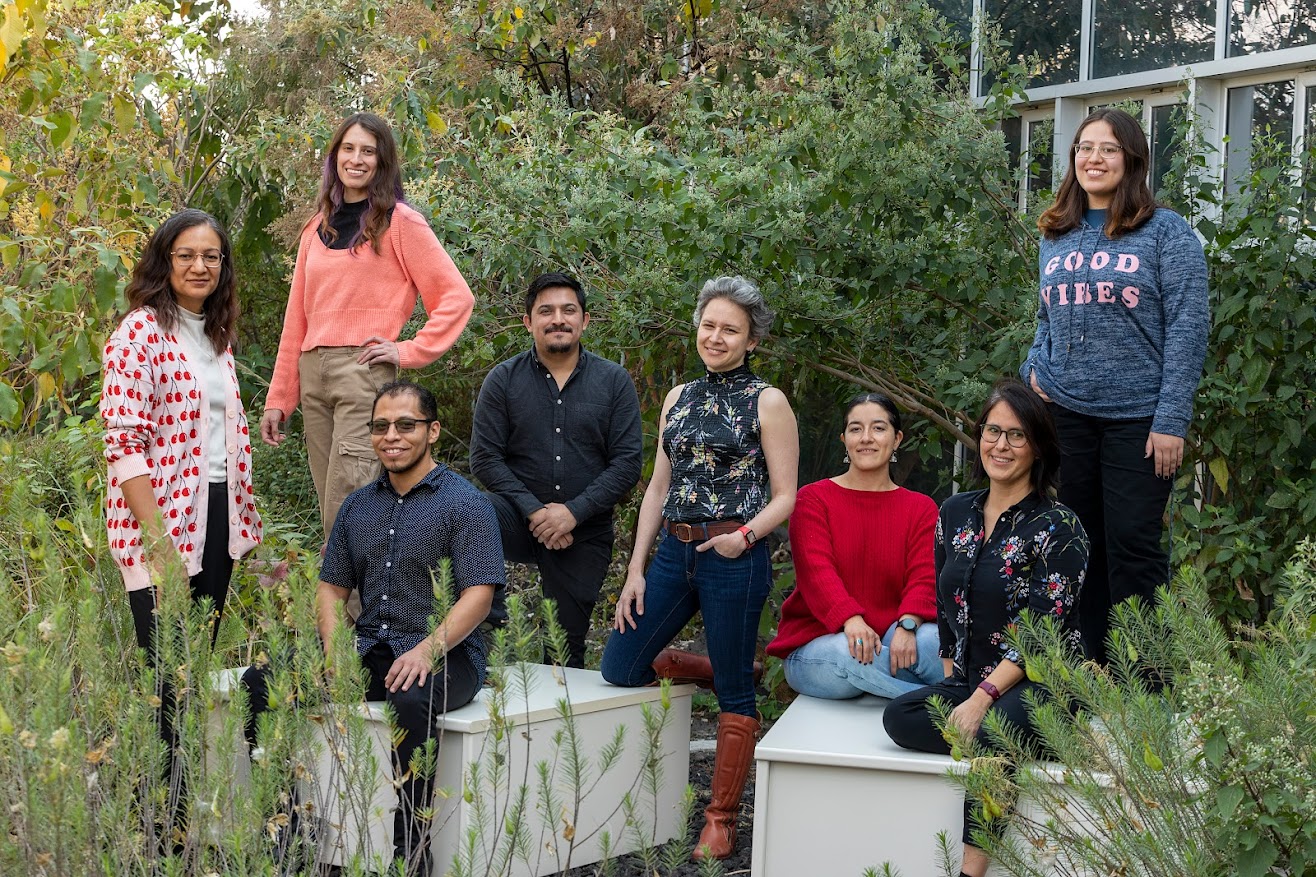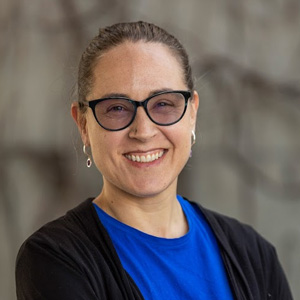Home / Research / National Laboratory of Sustainability Science
National Laboratory of Sustainability Science (LANCIS)
The National Laboratory of Sustainability Sciences (LANCIS for its Spanish acronym) of the Institute of Ecology, UNAM, is an academic boundary entity. It is constituted as a node for the generation, integration and synthesis of knowledge that serves as a link between academy, decision-makers from the public sector and the various organized sectors of society.
Through innovation in transdisciplinary research, teaching, fostering of stakeholder engagement and providing of ISO:9001-certified services we promote technological development and the co-creation and translation of knowledge that links science and decision-making to support the transition towards sustainability. In the laboratory, different disciplines are combined—biology, geography, scientific computing, environmental sciences and engineering, among others—to consolidate transdisciplinary projects in collaboration with strategic social actors at the national and international level.
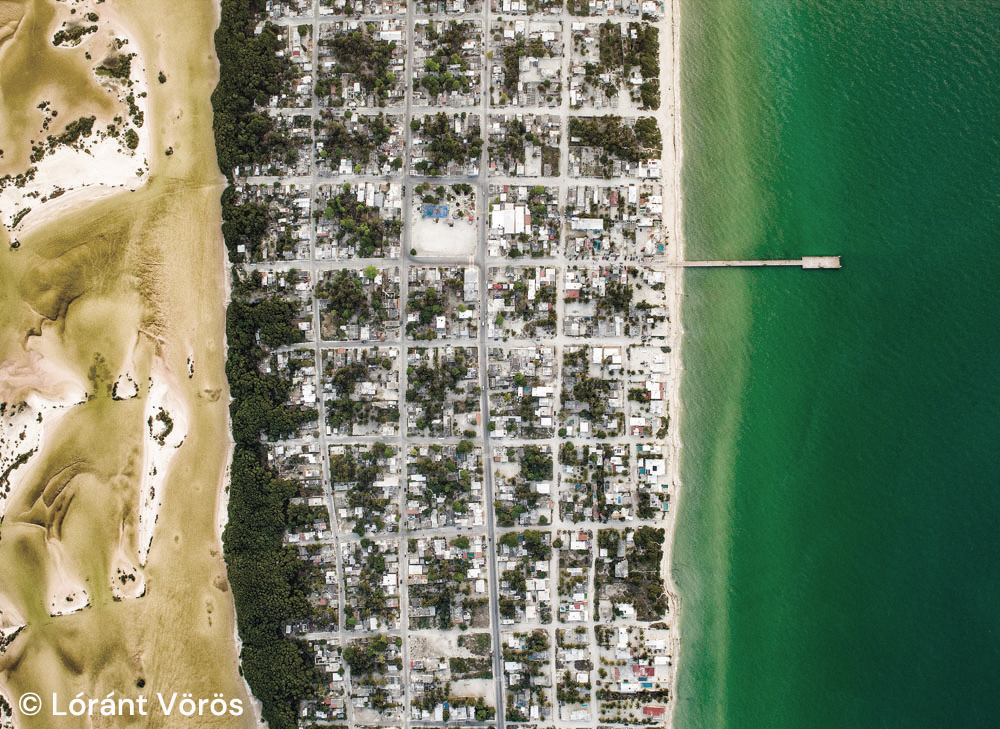
What is sustainability science?
LANCIS's mission is to promote sustainability science through innovation in transdisciplinary research, teaching, networking and technological development, in order to link science and decision-making to facilitate the transition towards sustainability in the country.
-
Carrying out excellence research in sustainability science which generates relevant knowledge in the search for solutions to sustainability problems.
-
Carrying out transdisciplinary research that promotes interaction between different knowledge communities in the search for solutions to sustainability problems.
-
Promoting the sustainable and adaptive management of socio-ecological systems through collaborative work and links with various actors involved in a socio-environmental system.
-
Training professionals, technicians and researchers in sustainability science through formal and non-formal education processes.
-
Encouraging more visible and understandable scientific knowledge in order to achieve social learning, and the democratization of information and knowledge that building public policies demands.
Due to its nature as a research entity, as a national laboratory, and as a boundary object that integrates different disciplines and sectors, LANCIS has the following commitments:
With UNAM
LANCIS is made up of research groups that focus on the development of theoretical foundations and on knowledge generation within the framework of sustainability science. Given their transdisciplinary essence, these research groups share the infrastructure of the LANCIS headquarters and are committed to both teaching and research, as well as to training human resources in sustainability sciences in formal learning approaches (for example, through the Graduate Degree in Sustainability Science) and non-formal learning approaches.
With CONAHCyT
LANCIS is obliged to promote the shared use of its infrastructure to develop research projects in sustainability sciences and offer second level services in accordance with LANCIS regulations. Second level services are conceived as the generation and certification of technical and scientific standards on the instruments of the sustainable development policy framed by Mexican legislation.
Research
LANCIS activities are organized through research projects in sustainability science, which involve the linking and co-production of interdisciplinary scientific knowledge and stakeholder knowledge to promote sustainable development and contribute to sustainable trajectories. To meet these objectives, LANCIS projects are included within one or more of the following research axes:
This axis addresses the translation and communication of scientific knowledge in the planning and generation of public policies, using geospatial modeling, biocomplexity, decision theory and geo-visualization, as well as the study of social learning mechanisms and alternative governance schemes that promote the transition towards sustainability.
This axis focuses on the detection and monitoring of anthropogenic disturbances with an emphasis on microorganisms and chemical compounds with effects on human health. It engages with the provision of ecosystem services in hydrological basins, bodies of water in both surface and underground systems, soils, and food. It also studies biodiversity from the genetic to the ecosystem level to design schemes that contribute to the sustainability of food and production systems, while preserving the country's natural heritage.
This axis seeks to understand how lasting socio-ecological transformations occur and how they can be promoted to contribute to addressing the country's great sustainability challenges by applying socio-technological systems and socio-ecological innovation frameworks.
This axis studies the vulnerability and resilience of socio-ecological systems and the adaptation measures that should be adopted to monitor global change feedback processes and estimate the thresholds that once crossed cause a change in a systems' behavior.
LANCIS as a boundary object
LANCIS constitutes a response to the growing and genuine concern about the role of UNAM in the country's development, which is why it represents the commitment of the academic community to contribute to the study and the search for solutions to the major socio-environmental problems that afflict the country.
As an academic boundary object, LANCIS is a node for knowledge generation, integration and synthesis that serves as a link between academy, decision makers in the public sector and the various organized sectors of society. Thus, LANCIS aims to link science and decision-making to facilitate the transition towards sustainability in the country.
Likewise, as an autonomous organization that makes processes and their consequences transparent, for the public good and a healthy environment for present and future generations, LANCIS is established as a national organization with the capacity to convene the various sectors of society in order to consider their problems, objectives and visions to contribute to addressing the priority challenges of sustainable development. Therefore, and adhering to UNAM's University Code of Ethics, the elementary ethical principles that govern the work of LANCIS are transparency and accountability.
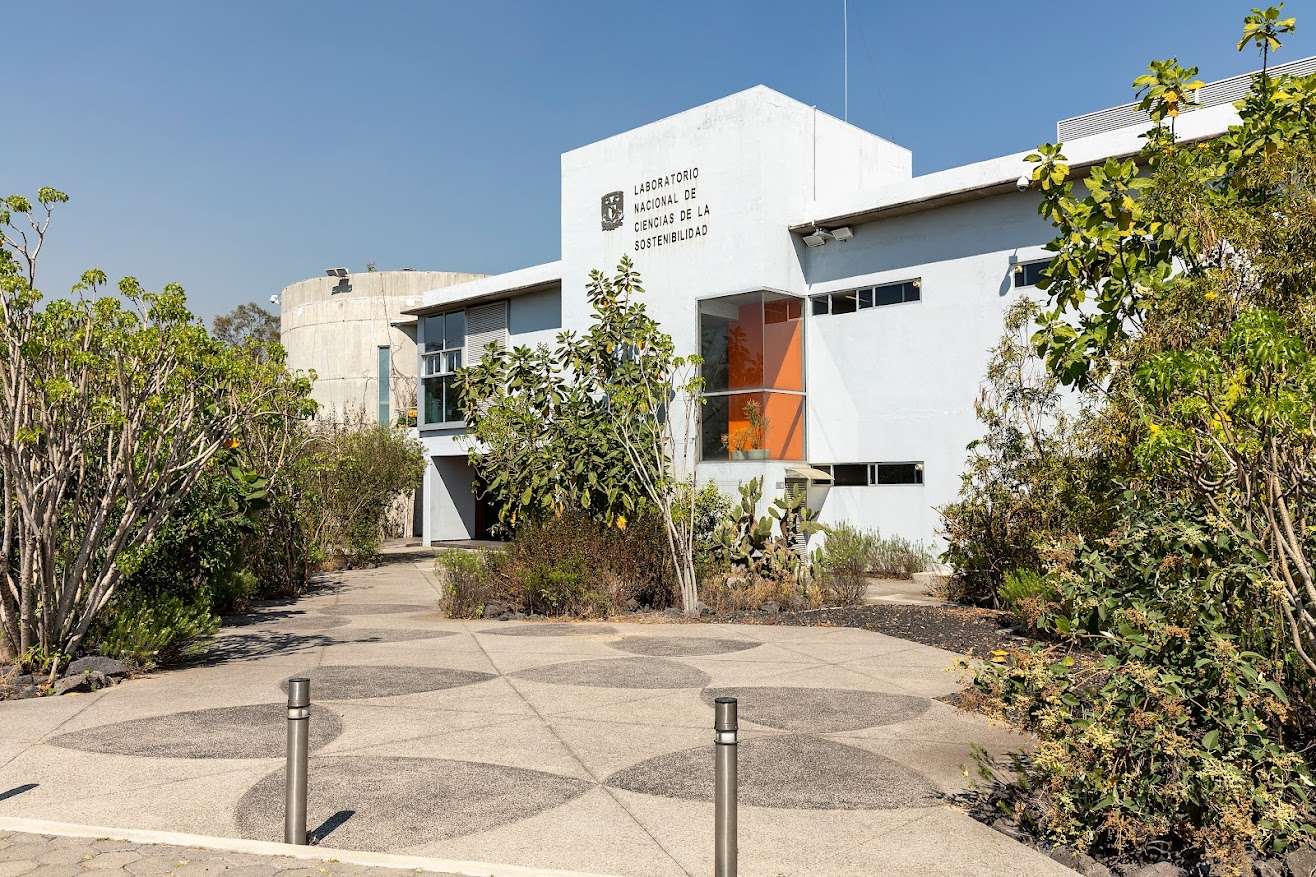
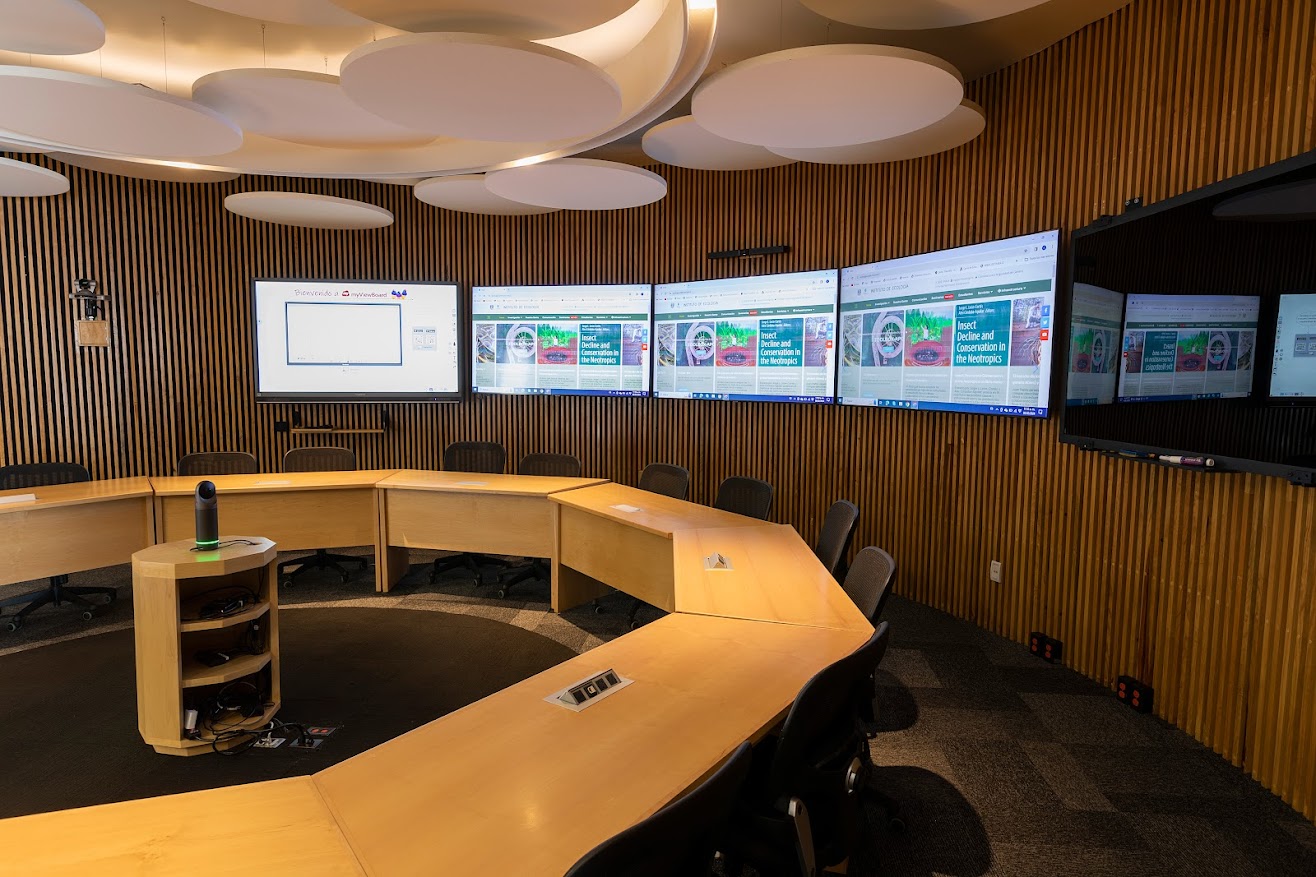
- Estudio teórico y práctico de la relación agricultura-biodiversidad en el contexto de la matriz agroecológica
Responsable: Dra. Mariana Benítez Keinrad
Contacto: mmbenitez@iecologia.unam.mx
- Sistema de conocimiento para la gestión del Ordenamiento Ecológico del Territorio del Estado de Yucatán
Responsable: Dr. Luis Antonio Bojórquez Tapia
Contacto: bojorquez@ecologia.unam.mx
- Construcción de indicadores prioritarios para el monitoreo reporte y verificación de la estrategia de resiliencia de la CDMX y las acciones de la agencia de resiliencia
Responsable: Dra. Ana Elena Escalante Hernández
Contacto: aescalante@iecologia.unam.mx
- Sharing learning to implement an open and collaborative seed innovation system
Responsable: Dra. Ana Elena Escalante Hernández
Contacto: aescalante@iecologia.unam.mx
- La relevancia funcional de la diversidad microbiana en suelos áridos: costras biológicas y fijación de nitrógeno como modelo de estudio.
Responsable: Dra. Ana Elena Escalante Hernández
Contacto: aescalante@iecologia.unam.mx
- La relevancia funcional de la diversidad microbiana en suelos, suelos forestales y áridos como modelos de estudio
Responsable: Dra. Ana Elena Escalante Hernández
Contacto: aescalante@iecologia.unam.mx
- Fortalecimiento de la infraestructura de la Unidad de Genética Molecular del Instituto de Ecología de la UNAM, un enfoque de ecogenómicapara el estudio de la biodiversidad, la conservación y la salud pública
Responsable: Dra. Ana Elena Escalante Hernández
Contacto: aescalante@iecologia.unam.mx
- Desarrollo de una plataforma para el análisis del impacto de proyectos de sostenibilidad en México
Responsable: Dra. Paola Massyel García Meneses
Contacto: paola.garcia@ecologia.unam.mx
- Diseño e implementación de herramientas geoespaciales de análisis, difusión y reflexión del impacto del proyecto de Cadena de Valor Socioambiental
Responsable: Dra. Paola Massyel García Meneses
Contacto: paola.garcia@ecologia.unam.mx
- Audacity for partnerships: foregrounding partnership development in the generation of sustainability solutions
Responsable: Dra. Amy Michelle Lerner
Contacto: michelle.lerner@mail.ecologia.unam.mx
- Taller: gestión integral de riesgos para la construcción de resiliencia en la ciudad de México
Responsable: Dra. Amy Michelle Lerner
Contacto: michelle.lerner@mail.ecologia.unam.mx
- Fortalecimiento de la capacidad analítica del Laboratorio Nacional de Ciencas de la Sostenibilidad (LANCIS).
Responsable: Dra. Marisa Mazari Hiriart
Contacto: mazari@unam.mx
- El componente olvidado del ciclo del carbono: la corteza y el balance de carbono en las plantas leñosas
Responsable: Dra. Julieta Alejandra Rosell García
Contacto: julieta.rosell@iecologia.unam.mx
- Acceso a la FAPUR, a la supercomputadora del LANCIS para conocer el modelo de crecimiento urbano SLEUTH y con ello pueda obtener un análisis de vulnerabilidad de las grandes áreas urbanas por el cambio climático, el crecimiento urbano e involucramiento social de ciudades
Responsable: Dr. Rodrigo García Herrera
Contacto: rgarcia@iecologia.unam.mx
- Modelación de la resiliencia de los servicios ecosistémicos en el suelo de conservación de la Ciudad de México
Responsable: Dra. Yosune Miquelajáuregui Graf
Contacto: yosune@iecologia.unam.mx
Products from Previous Projects
| Layer | Download link | |
|---|---|---|
| Actividades Pecuarias | actividades_pecuarias.zip | |
| Actividad Industrial | actividad_industrial.zip | |
| Área Natural Protegida | anp.zip | |
| Bancos de Arena | banco_arena.zip | |
| Cementerios | cementerios.zip | |
| Limite de la cuenca en territorio guatemalteco | cuenca_guatemala.zip | |
| Curvas de nivel | curvas_nivel.zip | |
| Drenes | drenes.zip | |
| Gasolineras | gasolineras.zip | |
| Hospitales | hospitales.zip | |
| Lagunas de Oxidación | laguna_oxidacion.zip | |
| Limite de la cuenca en territorio mexicano | limite_crgc.zip | |
| Localidades | localidades.zip | |
| Municipios | municipios.zip | |
| Red hidrológica | rios.zip | |
| Sitios de construcción | sitios_construccion.zip | |
| Uso de suelo y vegetación (2019) | uso_suelo_2019.zip | |
| Vias de Comunicación | vias_comunicacion.zip | |
| Simbología sugerida | simbolos.zip |
Addressing Hydrological Risks in Megacities: Cooperative Planning Framework for the Mexico City Metropolitan Area (CRN 3108)
Ecological Planning Course
It is aimed at three types of public: society in general, sector representatives from EP committees and government authorities responsible for EP processes.
The course is free and does not require any type of registration.
Marine and Regional Ecological Planning of the North Pacific
The technical study that supports the proposal of the Ecological Planning Program was prepared in the LANCIS Collaborative Planning Area. The process included the participation of researchers from the Interdisciplinary Center for Marine Sciences (CICIMAR), from the Northeast Biological Research Center (CIBNOR), the Center for Scientific Research and Higher Education of Ensenada (CICESE) and the Institute of Marine Sciences and Limnology of the UNAM.
This study was developed based on a transdisciplinary scheme, in which specialists from various disciplines, authorities from the three levels of government and civil society members participated.
Complete information about this process can be accessed in the environmental log on the SEMARNAT website.
Expert report on the environmental and social impact of the Barrancas del Cobre Regional Airport
On November 27, 2014, the Eighth District Judge granted protection in favor of the community. In the terms of the ruling, the State Government had to carry out the consultation within the regional level of the community, prior to continuing the construction of the airport. In developing the consultation, the authorities, in cooperation with the community, had to “evaluate the social, cultural, spiritual, cultural and environmental impact that the construction of the airport produced and will produce on the community.”
This included the carrying out of “studies by independent and technically capable entities, in accordance with international standards, respecting the traditions and culture of the indigenous people, which implies their right to intervene and offer elements that demonstrate, among others, the harm that causes and will cause the construction or operation of the aforementioned air terminal.”
Then, it specifies that the settlement agreements to prevent, reduce and mitigate the effects that affect the survival of the indigenous community must be understood “according to the Inter-American Court of Human Rights, as the ability to preserve, protect and guarantee the special relationship that the indigenous population has with its territory, in such a way that they can continue living their traditional way of life and that their cultural identity, social structure, economic system, customs, beliefs and distinctive traditions will be respected, guaranteed and protected".
In 2015, the Community Technical Consulting (CONTEC), a civil association that supported the community through the legal process, asked Dr. Bojórquez to carry out an expert examination to evaluate the material and immaterial damages caused by the construction of the airport.
The assessment of the effects followed the human development approach of the United Nations Development Program (UNDP). Under this approach, the effects are assessed with respect to the community's right to have an environment conducive to the enjoyment of a long and healthy life, the acquisition of knowledge and the achievement of a decent standard of living.
Methodologically, the examination was based on the analytical framework of livelihood vulnerability. This framework allows us to characterize the adaptive capacity of the community to adjust favorably to changes in the long term, without losing its identity. This capacity is measured in terms of five types of “capitals”—financial, physical, human, natural and social. Capital refers to the resources available to the community's households to satisfy their needs, carry out their tasks and pursue a decent standard of living, in accordance with their own cosmogony and beliefs.
In addition, a multi-criteria modeling technique was used to examine the effectiveness of different measures proposed to compensate, prevent, reduce and mitigate the effects of the airport.
The results of the examination demonstrated effects on water sources, the network of trails, home security, community ties, the territory and the cultural identity of the community. These effects constituted tangible and severe damages that increased the vulnerability of the community's homes to unacceptable levels. With these bases, viable alternatives were presented to minimize the vulnerability of livelihoods and maximize the adaptive capacity of the community.
On September 8, 2015, Dr. Bojórquez delivered the expert report in court. Based on this expert report, on September 9, the community presented to the court the agreed proposals for repairing the damages.
As a result of the meetings between the community and state authorities to reconcile mitigation and remediation measures, measures were agreed upon that include: carrying out reforestation and soil conservation actions, establishing a trail and rehabilitating the water bodies. Likewise, the payment of compensation of 65 million pesos was approved, which would be assigned through a public trust authorized by the State Congress within a period of 7 years.
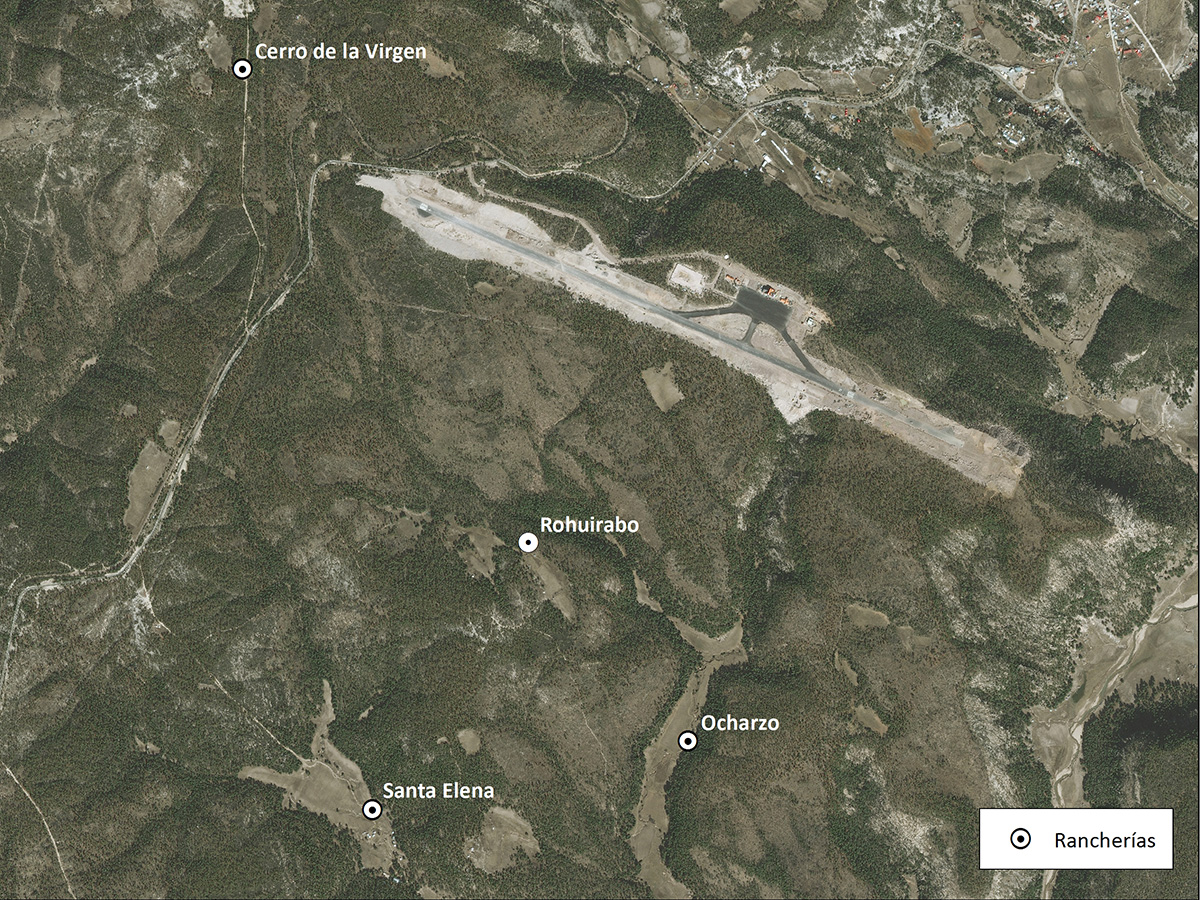
Monitoring the Status of Biological Invasions of Plants in Mexico
This institutional project was born from our institute's interest in linking ecology research with the environmental problems of the country, and as a response to the request of the National Institute of Ecology to predict the state of biological invasions in a scenario of climate change.
Sustainability Science Graduate Program
The Graduate Program in Sustainability Science is a novel proposal that formally integrates natural sciences, social sciences, engineering and urban planning, and systematically and comprehensively incorporates the most recent currents of thought on the young discipline which is sustainability science. Pollution, overexploitation and deterioration of natural resources, the food crisis and poverty, the loss of biodiversity and the effects of climate change are examples of complex problems that transcend disciplinary boundaries. In this sense, it is not enough to tackle them from the partial vision that a traditional disciplinary approach gives us. Thus, the new graduate program was designed so that students receive transdisciplinary training which allows them to identify, frame and address sustainability problems from a comprehensive vision.
The general objective of the program is to train experts and scientists who master both the conceptual bases and the methodologies of sustainability science, and who are capable of proposing solutions from a transdisciplinary perspective to the problems that hinder the transition to sustainable development. In particular, our Master's degree offer students broad and solid training in sustainability science (and greater preparation in one of the six fields of knowledge of the program), and its purpose is to develop in the students a high capacity for professional practice, in addition to introducing them to the methodology of sustainability science.
The objective of the Master's Degree in Sustainability Science is to train experts who have the necessary knowledge and skills to analyze, propose and implement sustainable projects and policies through collaborative mechanisms. The study plan contemplates six fields of knowledge that are associated with the great challenges of sustainability:
- Urban contexts
- Management of aquatic systems
- Politics, governance and institutions
- Environmental restoration
- Energy systems
- Vulnerability and response to global change
The goal of our PhD in Sustainability Science is to train scientists who are capable of developing original research, generating novel knowledge and identifying relevant research problems in the transition towards sustainability. The study plan contemplates the following seven lines of research:
- Global change, vulnerability and resilience
- Socio-environmental systems, complexity and adaptation
- Governance, collaborative planning and social learning
- Limits, trajectories and transition to sustainability
- Monitoring and evaluation of socio-environmental systems
- Urban planning and sustainable infrastructure
- Design of socio-technological systems
Doctoral studies are aimed at fostering original research that answers the fundamental questions of sustainability science. The entities that participate in the PhD program are:
- Science Faculty
- National School of Higher Studies (León Campus)
- National School of Higher Studies (Morelia Campus)
- Institute of Ecology
- Institute of Marine Sciences and Limnology
- Institute of Biology
- Economic Research Institute
- Social Research Institute
- Ecosystem and Sustainability Research Institute
- Engineering Institute
- Renewable Energy Institute
Contact
Academic Personnel
All
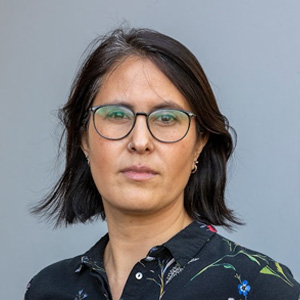
Morena Avitia Cao Romero
Técnica Académica Titular B
Laboratorio Nacional de Ciencias de la Sostenibilidad
México

Mariana Benítez Keinrad
Investigadora Titular B
Laboratorio Nacional de Ciencias de la Sostenibilidad
México
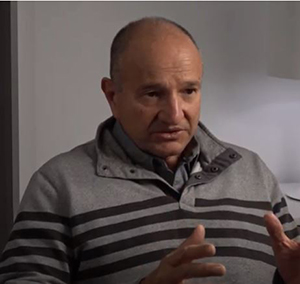
Luis Antonio Bojórquez Tapia
Investigador Titular B
Laboratorio Nacional de Ciencias de la Sostenibilidad
México
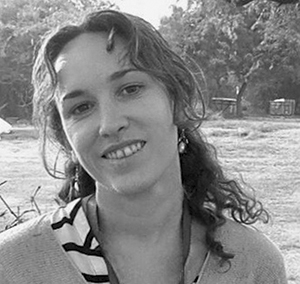
Lakshmi Elisa Charli Joseph
Técnica Académica Titular B
Laboratorio Nacional de Ciencias de la Sostenibilidad
México
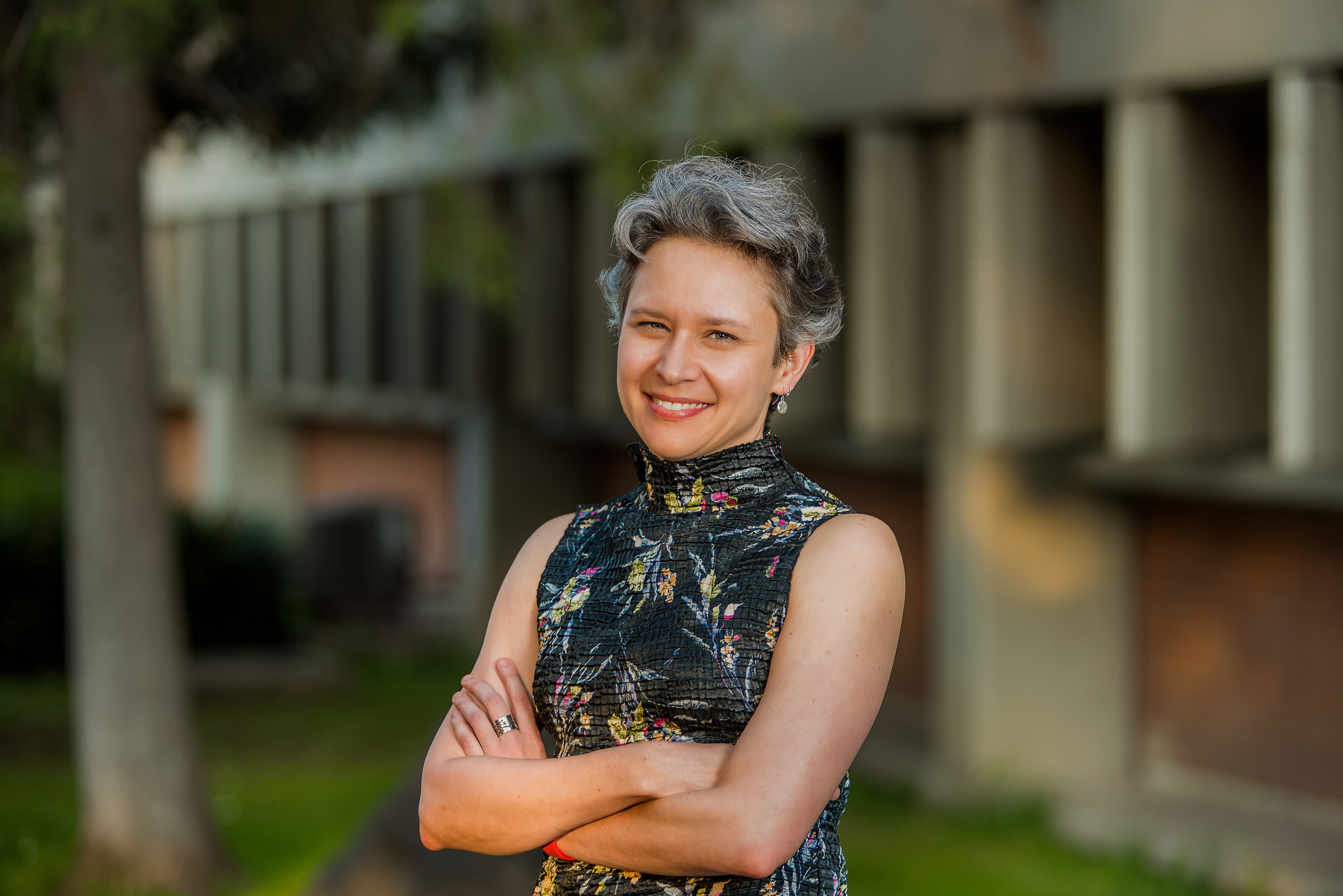
Ana Elena Escalante Hernández
Investigadora Titular B / Directora
Laboratorio Nacional de Ciencias de la Sostenibilidad
México

Ana Cecilia Espinosa García
Técnica Académica Titular C / Secretaria Académica
Laboratorio Nacional de Ciencias de la Sostenibilidad
México
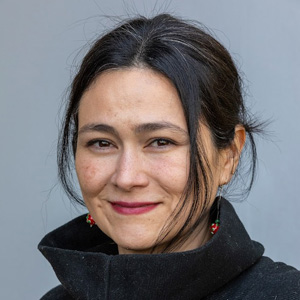
Paola Massyel García Meneses
Investigadora Titular A
Laboratorio Nacional de Ciencias de la Sostenibilidad
México

Bertha Hernández Aguilar
Investigadora Asociada C
Instituto de Ecología, Unidad Mérida
Mexico
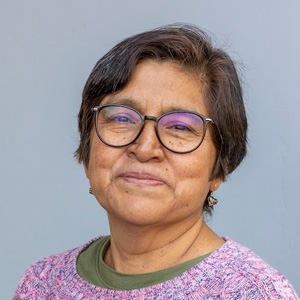
Blanca Estela Hernández Bautista
Técnica Académica Titular B
Laboratorio Nacional de Ciencias de la Sostenibilidad
México
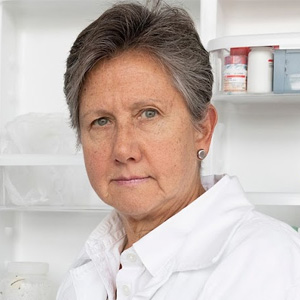
Marisa Mazari Hiriart
Investigadora Titular C
Laboratorio Nacional de Ciencias de la Sostenibilidad
México



